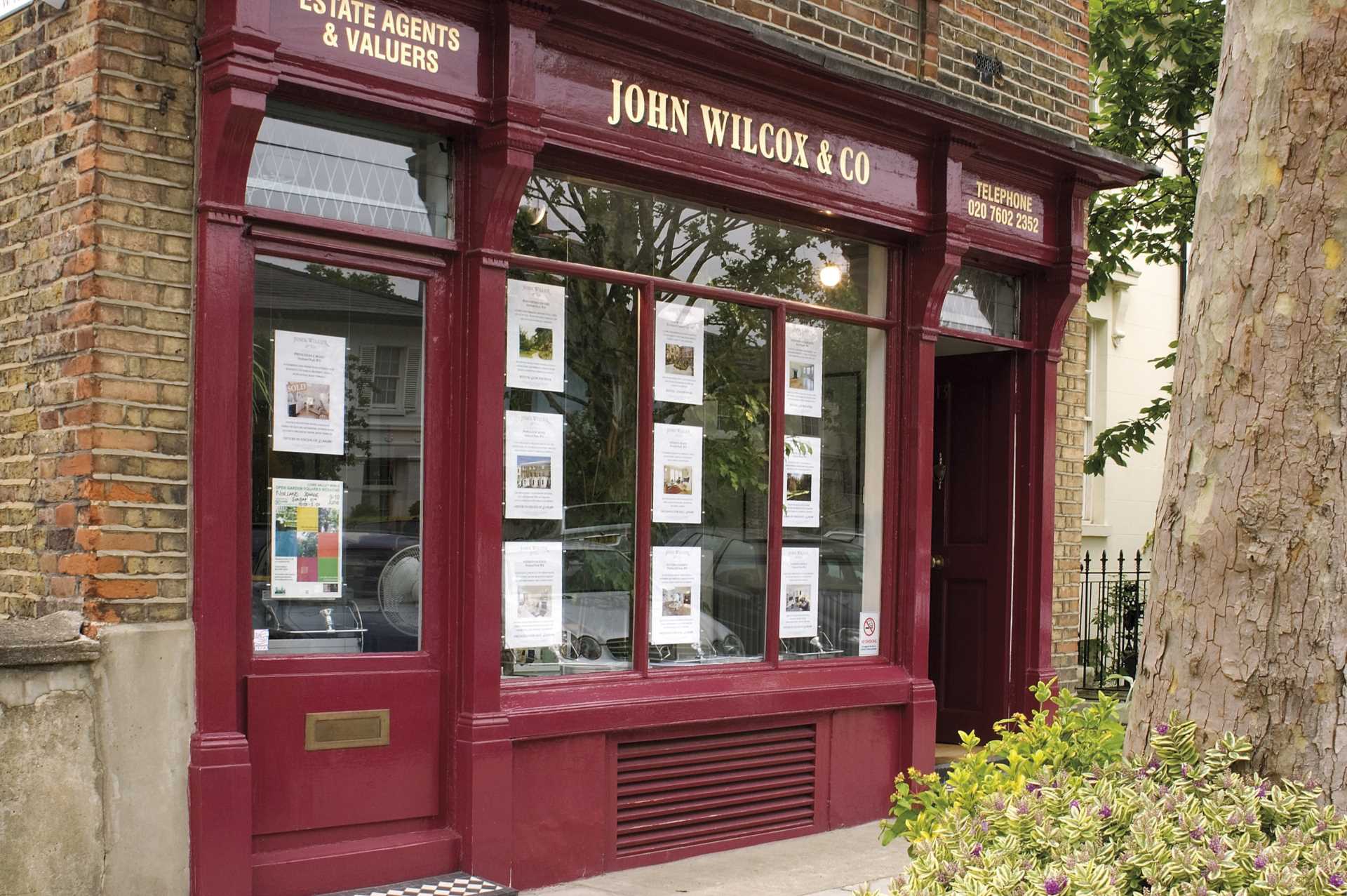
Date Published 29 February 2016
Selling your home can be a daunting prospect, especially when you consider how many moving parts there are, and how many things can go wrong to throw the sale off course. As Kensington & Chelsea's oldest independent estate agent, John Wilcox & Co would like to offer our clients a short guide over the coming weeks on what the different steps to selling your property are.
This week we discuss that important first step – choosing the right agent. It is vital to find one that you trust and who you know will always put your interests first – it will undoubtedly make the whole process a lot smoother.
Part I – Choosing an Estate Agent
1. Research
Make sure you research local agents before picking one. The agent you choose should have extensive experience in selling property like yours. Ideally, they will have a database of suitable buyers, and at the higher end of the market, a ‘black book' of potential buyers often registered only with them.
2. Knowledge is Key
You want an agent who understands not only the market place, but who also has an intelligent view on the external economic and political forces that might affect the price of your home, both on the upside and downside.
3. Rapport and Trust
Make sure you choose an agent that you genuinely like and feel you can trust. As the price of the property increases, the journey can become more complicated, and it is important you have confidence that your agent can sort out whatever stumbling blocks present themselves. You must also know that your agent will always put your interests first, not the buyer's. A good agent should make himself available to his client out of office hours to be able to address any questions he has, or resolve any issues that arise.
4. Valuations
It is advisable to get at least three valuations, unless you already have a longstanding relationship with a particular agent who you trust and want to use. Be wary of the agent that always gives the highest price, unless they can back it up with why they've valued your property at that level.
When you have their advice, be aware that to get the best results it is important to be realistic. Be forensic about how other people would see your property. What are the faults and how would that affect the price?
Before you put your property on the market, try to distance yourself from emotion and be honest with yourself. Buyers won't pay for your memories – if a kitchen is old, it will be in the skip within three weeks of completion. In some cases, even if a kitchen is new and not to their taste it may still end up in the skip – heart-breaking, but true!
An agent with a deep knowledge of the market should be able to give you three price bands – a price with a degree of hope value, (while still in touch with reality), a realistic price, and a 'walk out the door in seven days' price.
5. Negotiation Skills
Make sure you have confidence that your agent is a skilled and senior negotiator, and that you will have this same person dealing with you from start to finish.
6. Raving Fans & Continuous Focus
Make sure that the agent you choose values your property as much as you do, and lavishes the kind of care and attention on the sale of it that you would wish. It is a common complaint that a firm makes a fantastic pitch with all the marketing they will do, but if the house hasn't sold in the first couple of weeks, it languishes on the conveyor belt while the agent has moved on to other, newer properties. The agent must have a dedicated plan of how they intend to market your home, give you feedback, and what things they will do if it is not getting the response you hoped for.
We hope these tips to choosing the right agent have proved useful, and that you will join us next week for Part II in our series:
I've Chosen An Agent – What Happens Next?